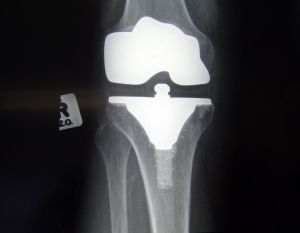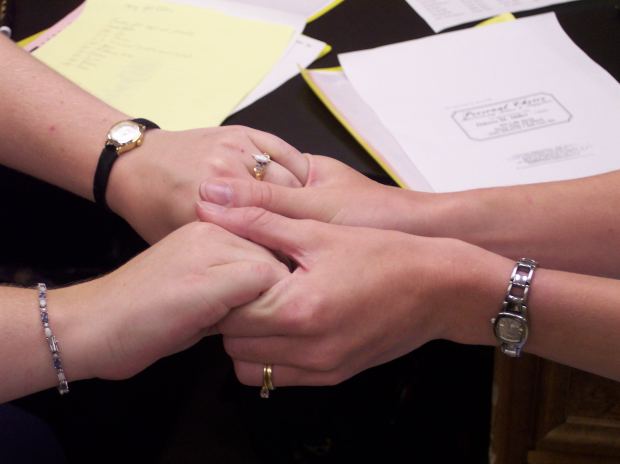According to a recent report from AZCentral.com, two police officers allege an insurance company contracted by the city has unjustly denied their respective workers’ compensation claims. As your Massachusetts workplace injury attorney understands, insurance companies routinely deny valid claims for their own financial benefit.
 One of the workers is currently on unpaid leave and says that he is being forced to return to work before he is physically ready, because he cannot afford to care for his family without pay.
One of the workers is currently on unpaid leave and says that he is being forced to return to work before he is physically ready, because he cannot afford to care for his family without pay.
The officers suffered injuries in two separate accidents while on the job. One of the officers believes he was experiencing a celiac episode, so he went to the fire station to seek treatment. Walking through the door was the last thing he remembered. He woke up in the hospital and was told that he was found with his head and body pressed up against a wall. He suffered a vertebrae fracture and head injury.
Continue reading
 Massachusetts Workers Compensation Lawyers Blog
Massachusetts Workers Compensation Lawyers Blog


 As a result of this injury, he was placed on restricted duty at the factory and had a job doing light janitorial work and some production duties. While working, he injured his right shoulder as a supervisor who wanted him to work faster was yelling at him.
As a result of this injury, he was placed on restricted duty at the factory and had a job doing light janitorial work and some production duties. While working, he injured his right shoulder as a supervisor who wanted him to work faster was yelling at him.
 As our
As our  For the next seven years after his termination, surgeons performed multiple operations on the claimant’s shoulders. During that period, the claimant applied for workers’ compensation benefits, and an administrative law judge (ALJ) awarded him benefits under a Temporary Total Disability (TTD) rating.
For the next seven years after his termination, surgeons performed multiple operations on the claimant’s shoulders. During that period, the claimant applied for workers’ compensation benefits, and an administrative law judge (ALJ) awarded him benefits under a Temporary Total Disability (TTD) rating. The workers’ compensation program was designed to cover not only medical bills, but also lost wages for workers who were injured on the job. In exchange for the ability to file a workers’ compensation claim, workers are precluded from filing a separate civil action in most situations. This is the benefit to the employer. In reality, many employers see a mandate to carry workers’ compensation coverage as a great compromise, and a few of them will do whatever they can to keeps costs down.
The workers’ compensation program was designed to cover not only medical bills, but also lost wages for workers who were injured on the job. In exchange for the ability to file a workers’ compensation claim, workers are precluded from filing a separate civil action in most situations. This is the benefit to the employer. In reality, many employers see a mandate to carry workers’ compensation coverage as a great compromise, and a few of them will do whatever they can to keeps costs down. According to a recent
According to a recent 

